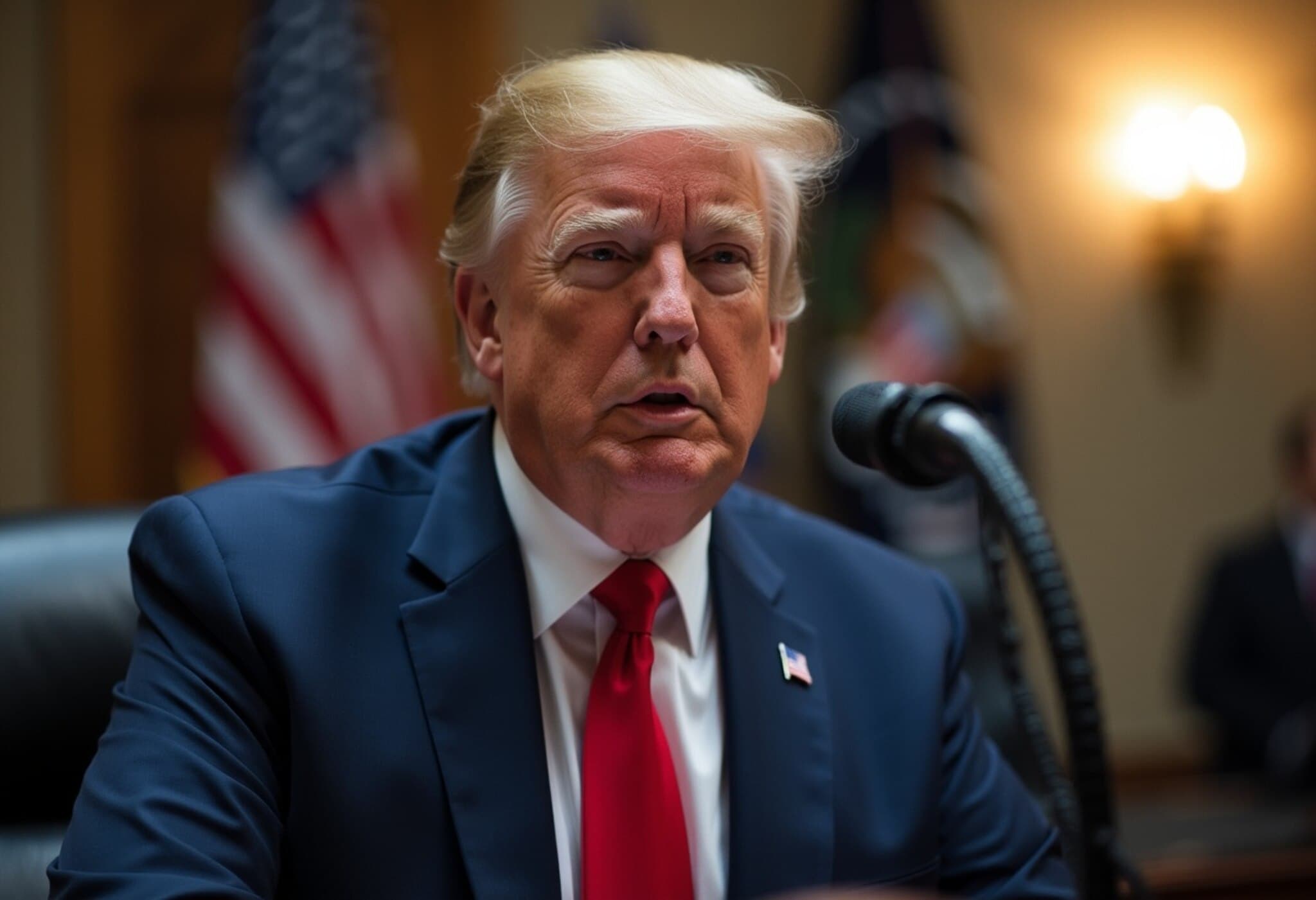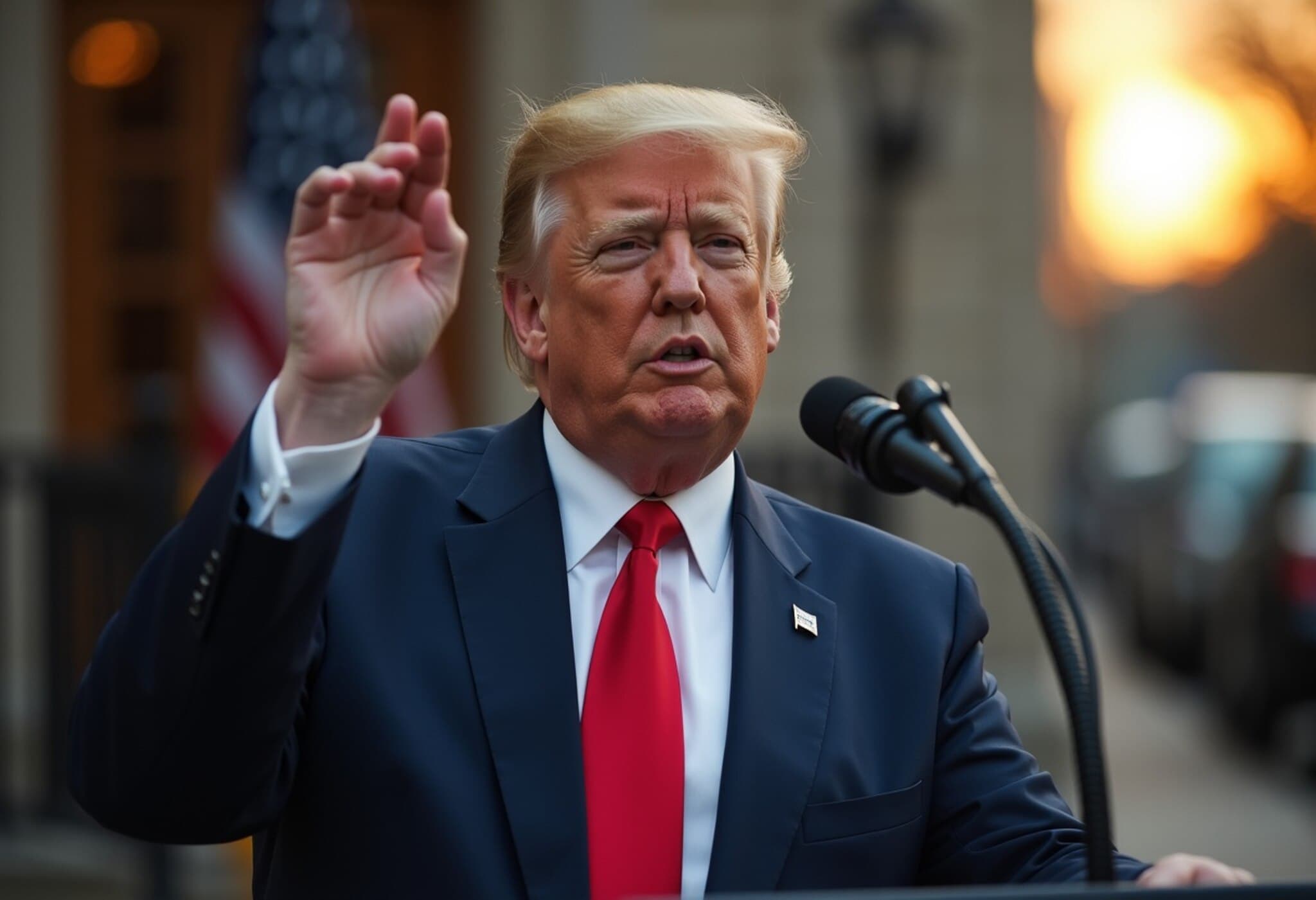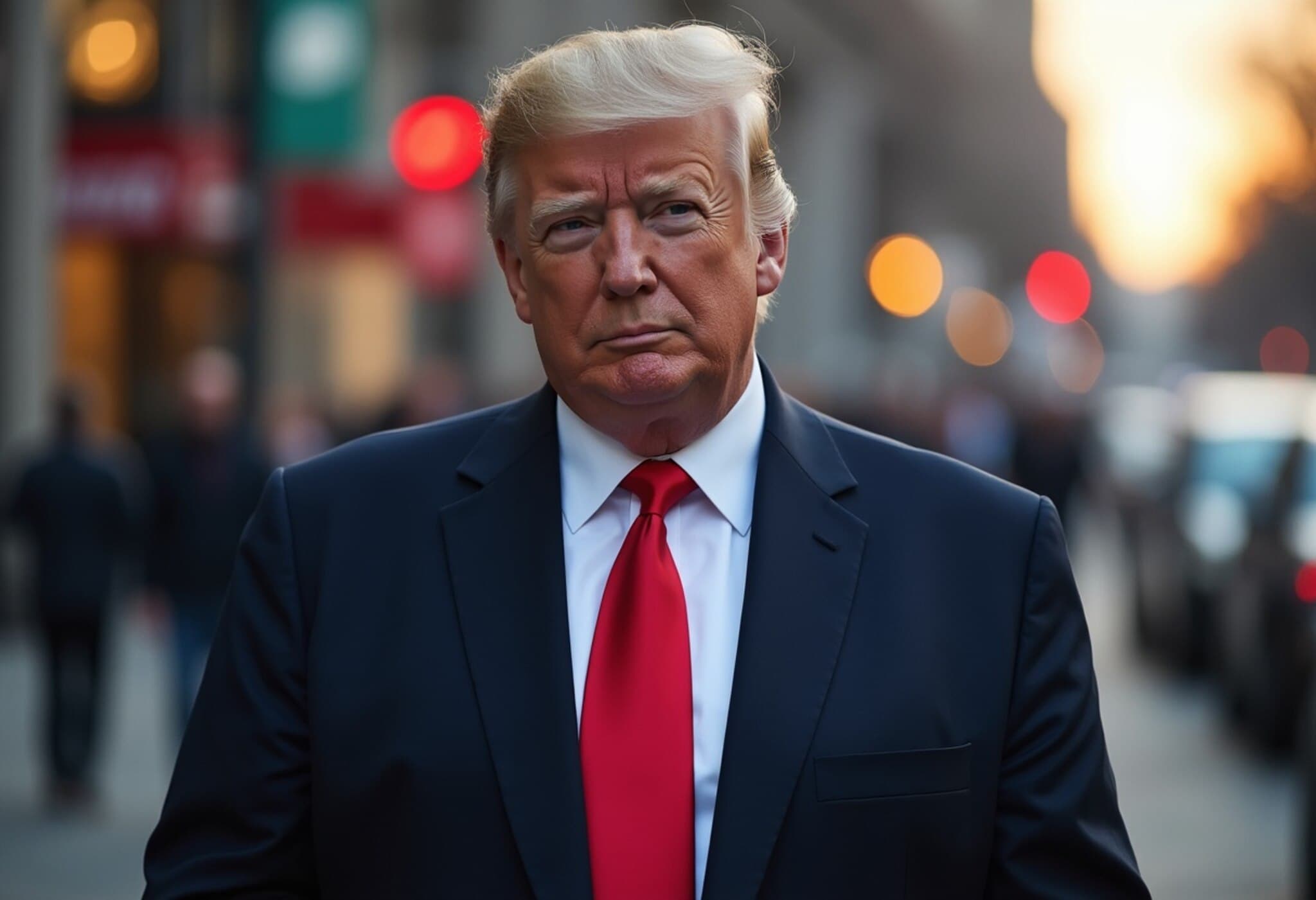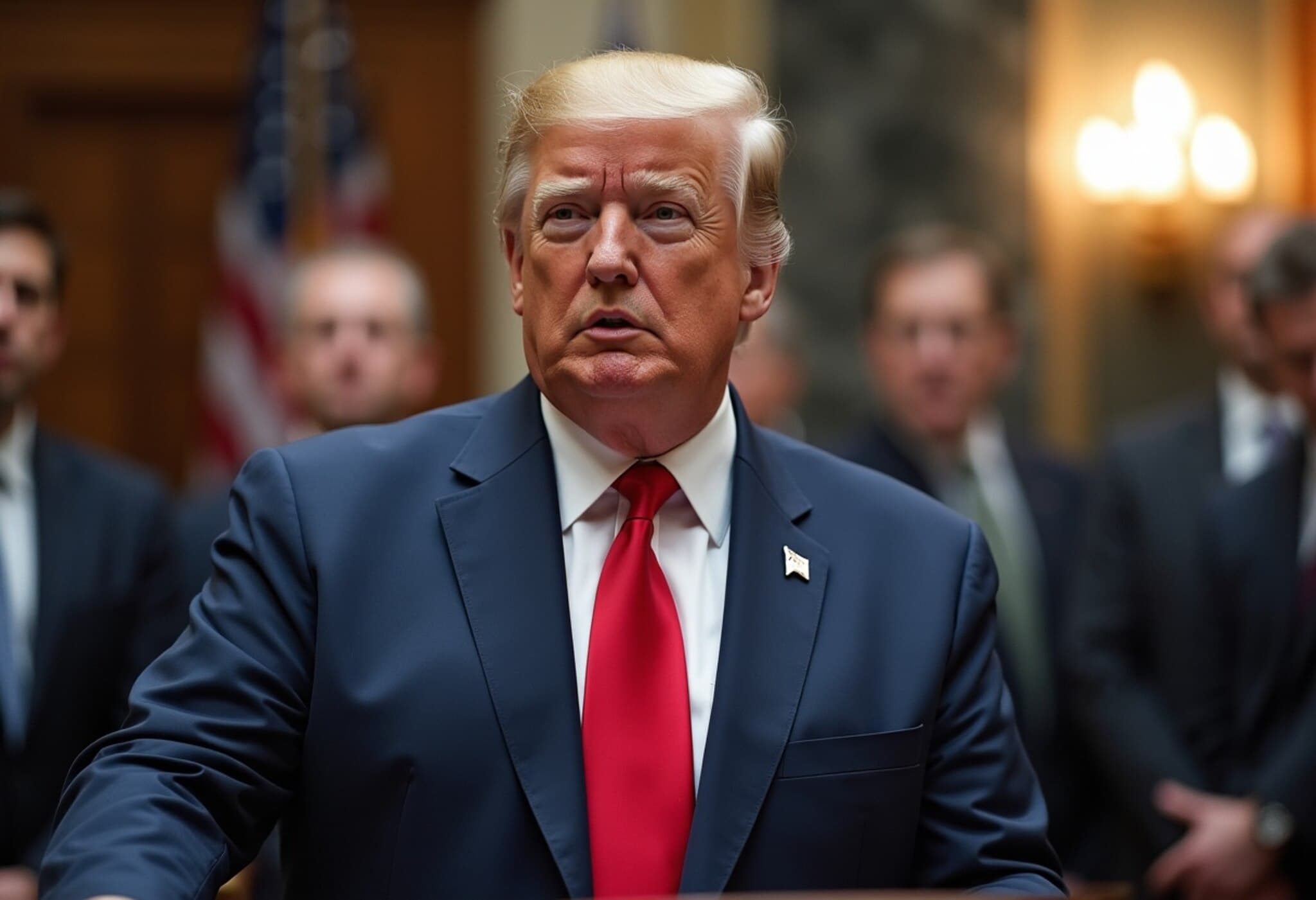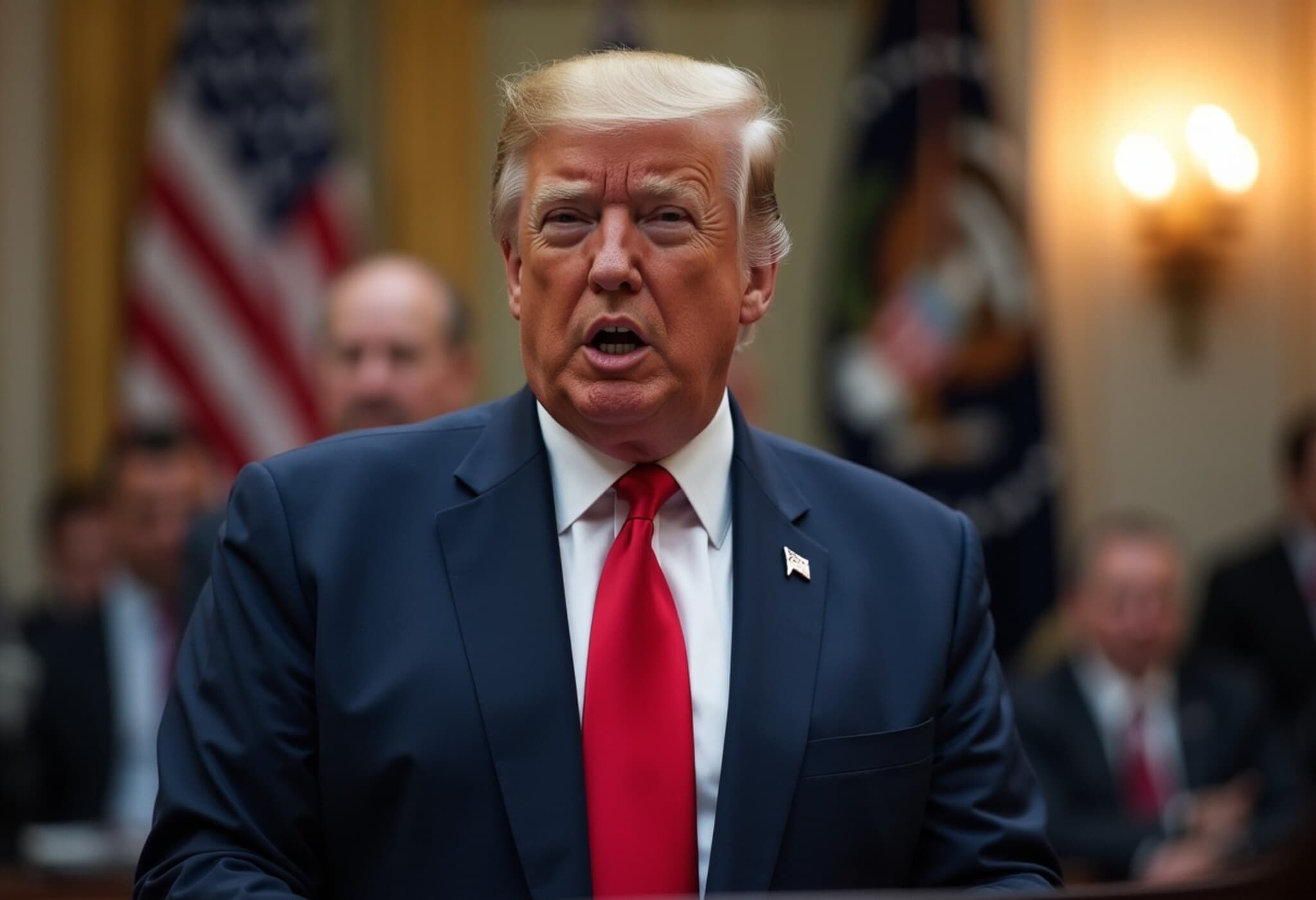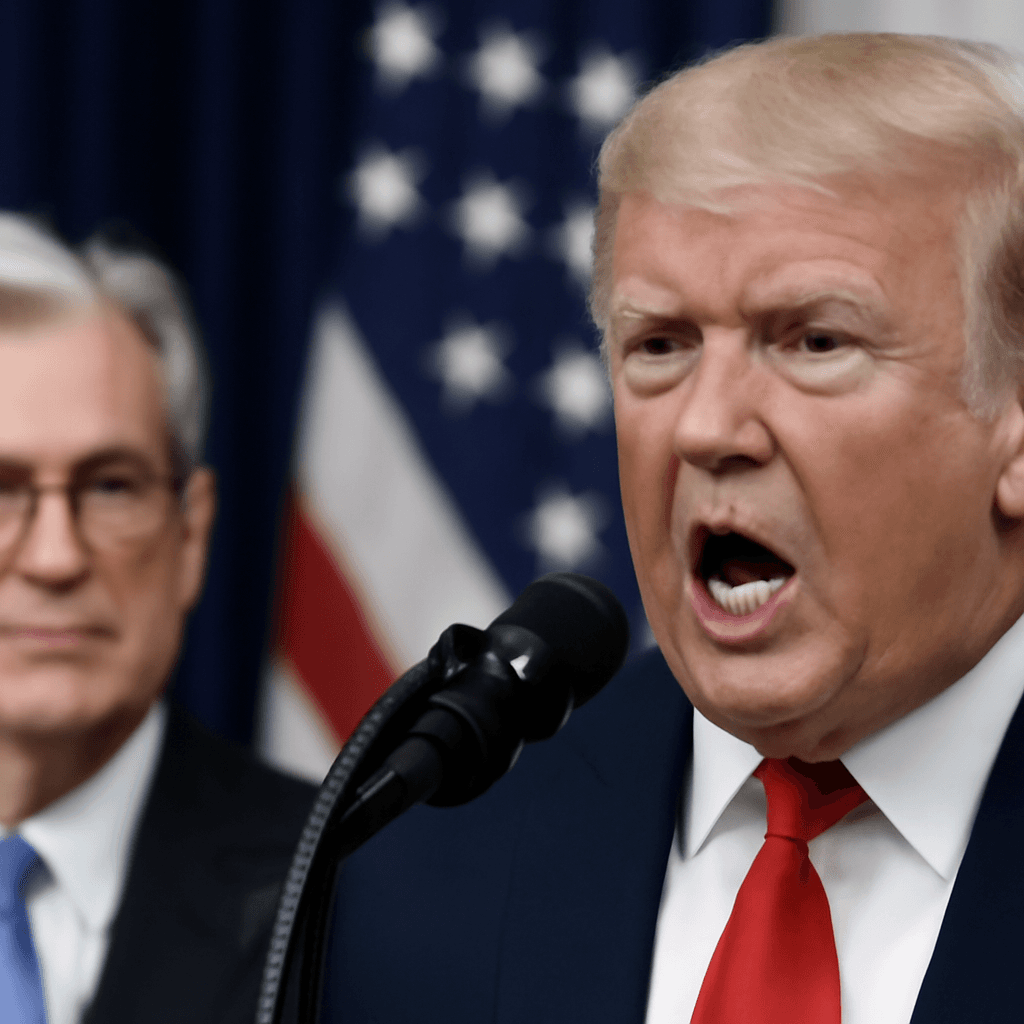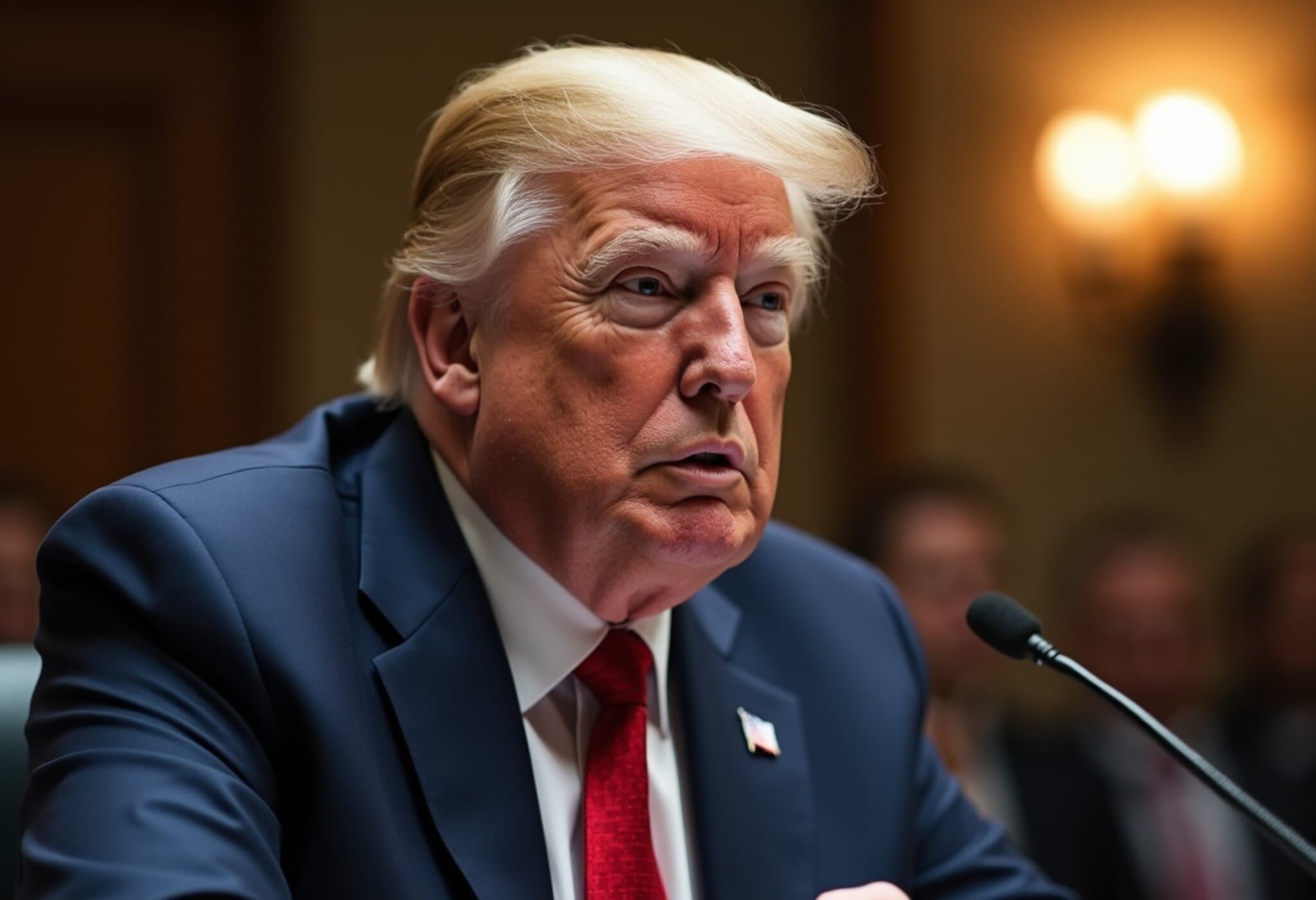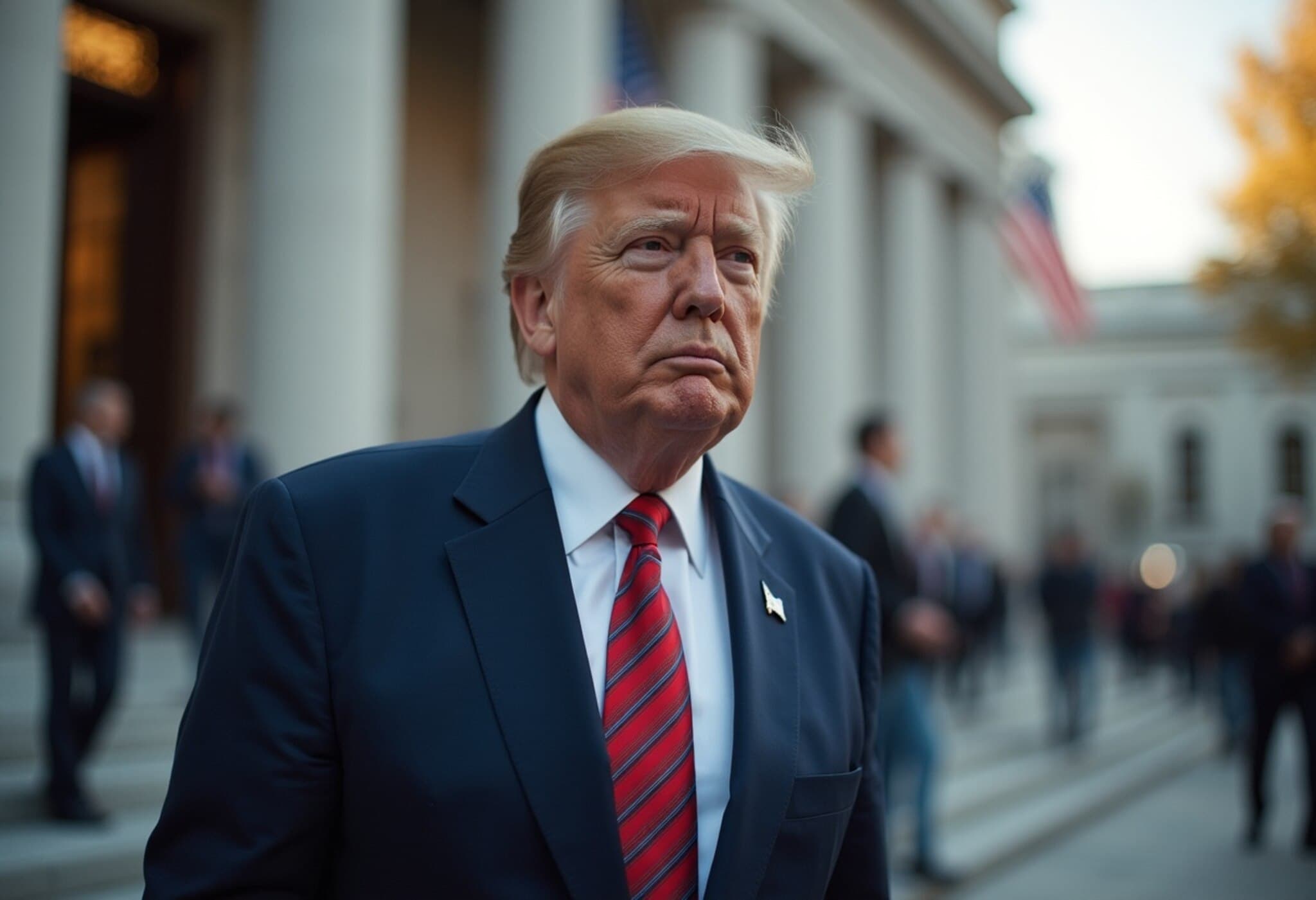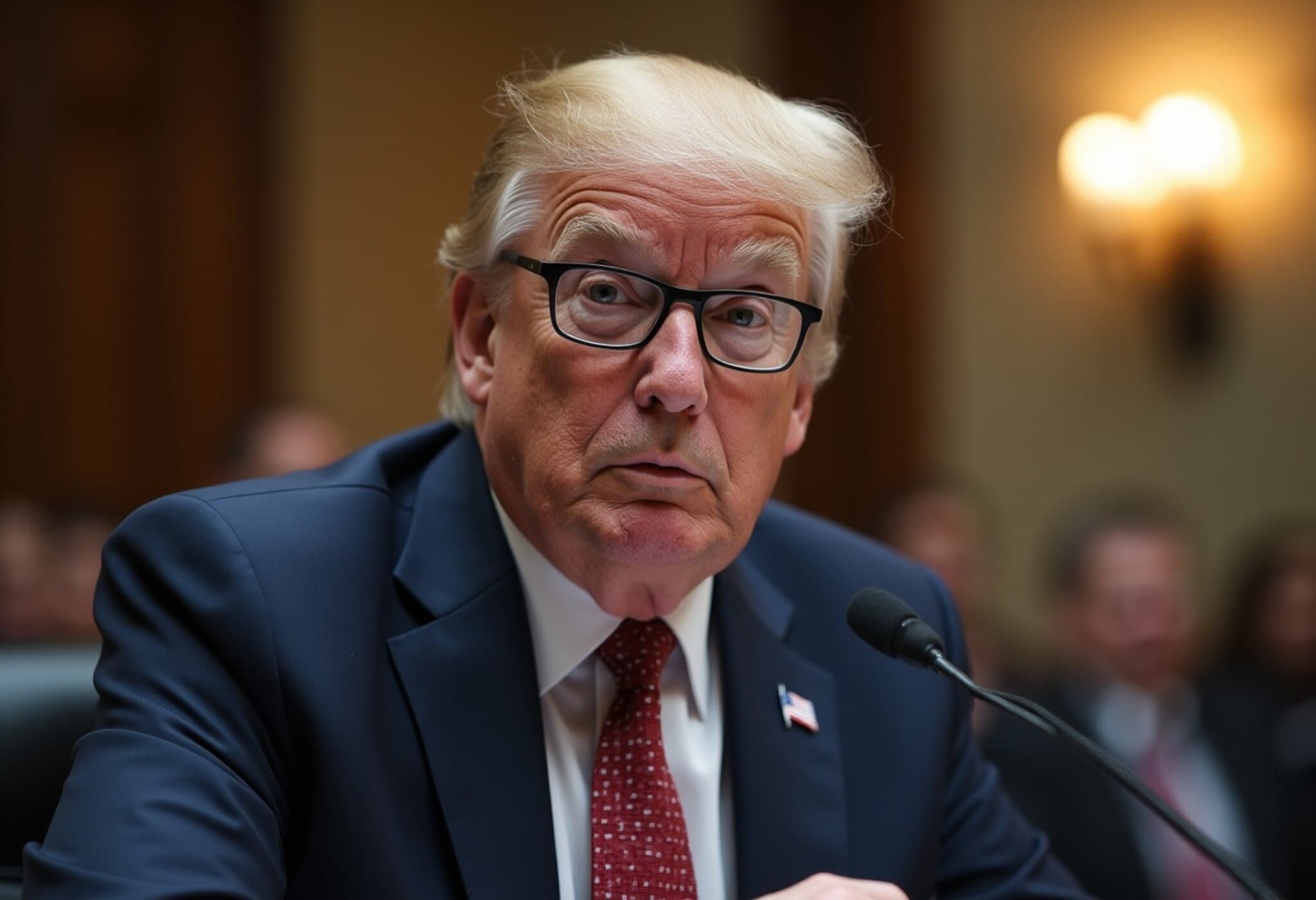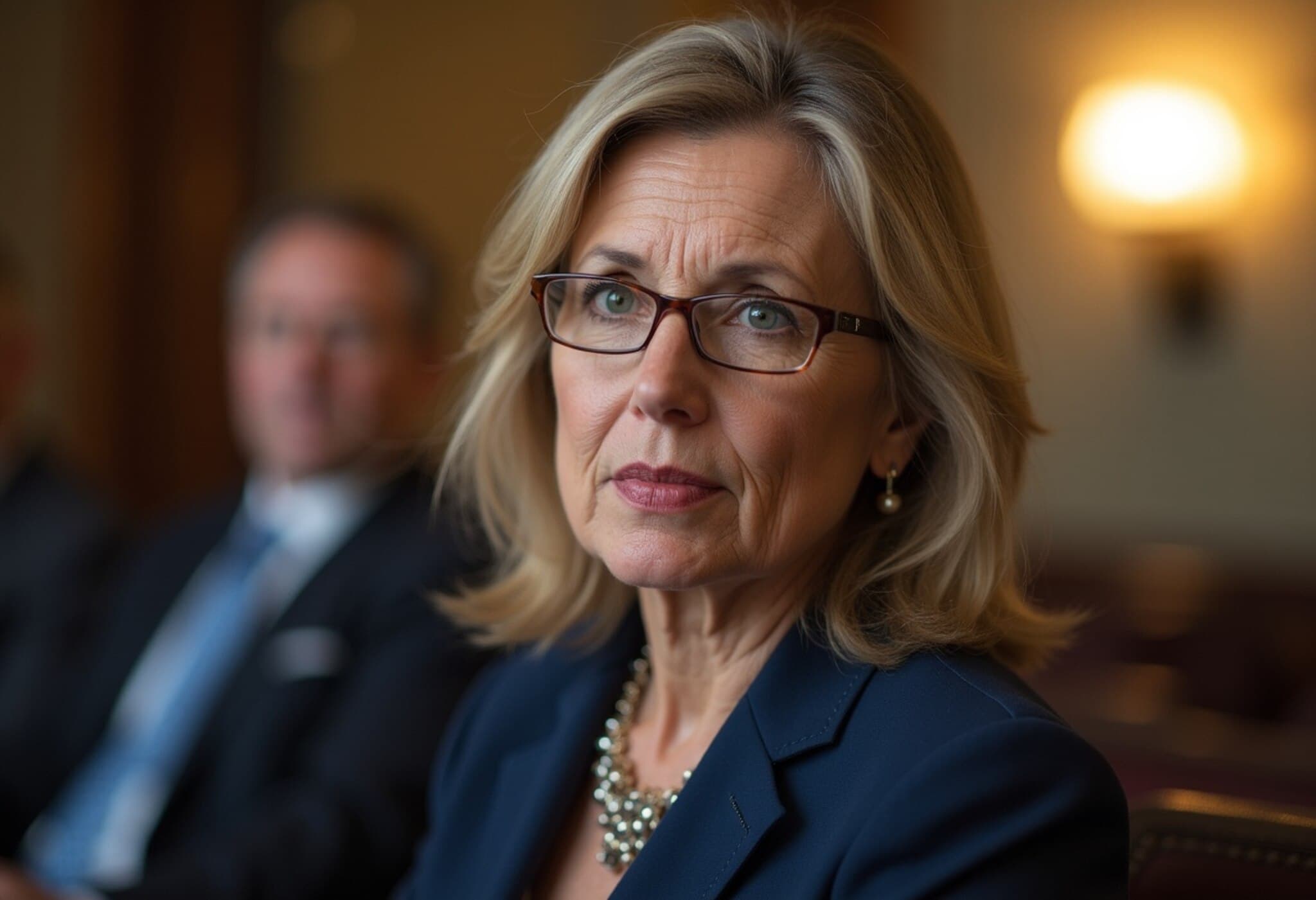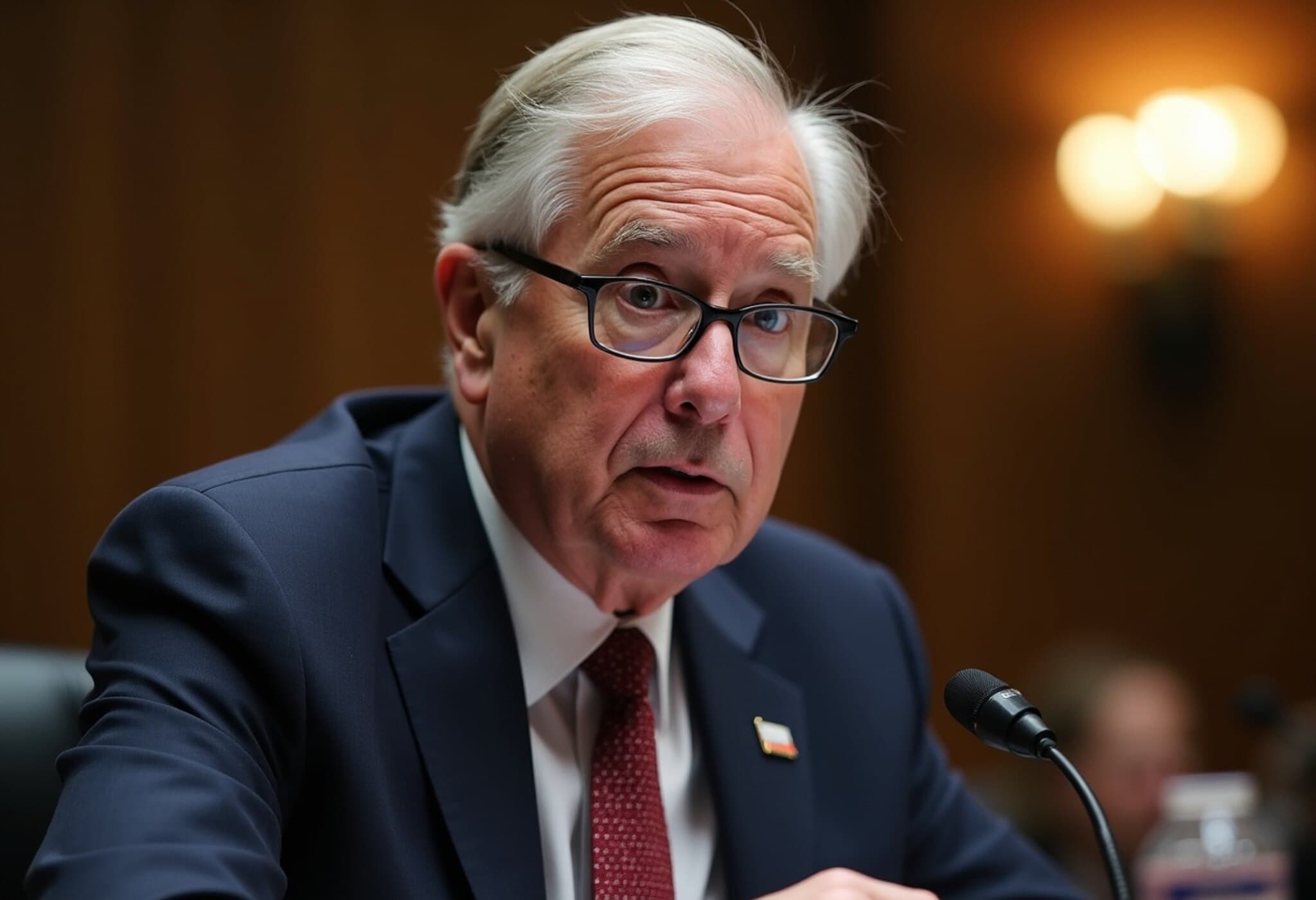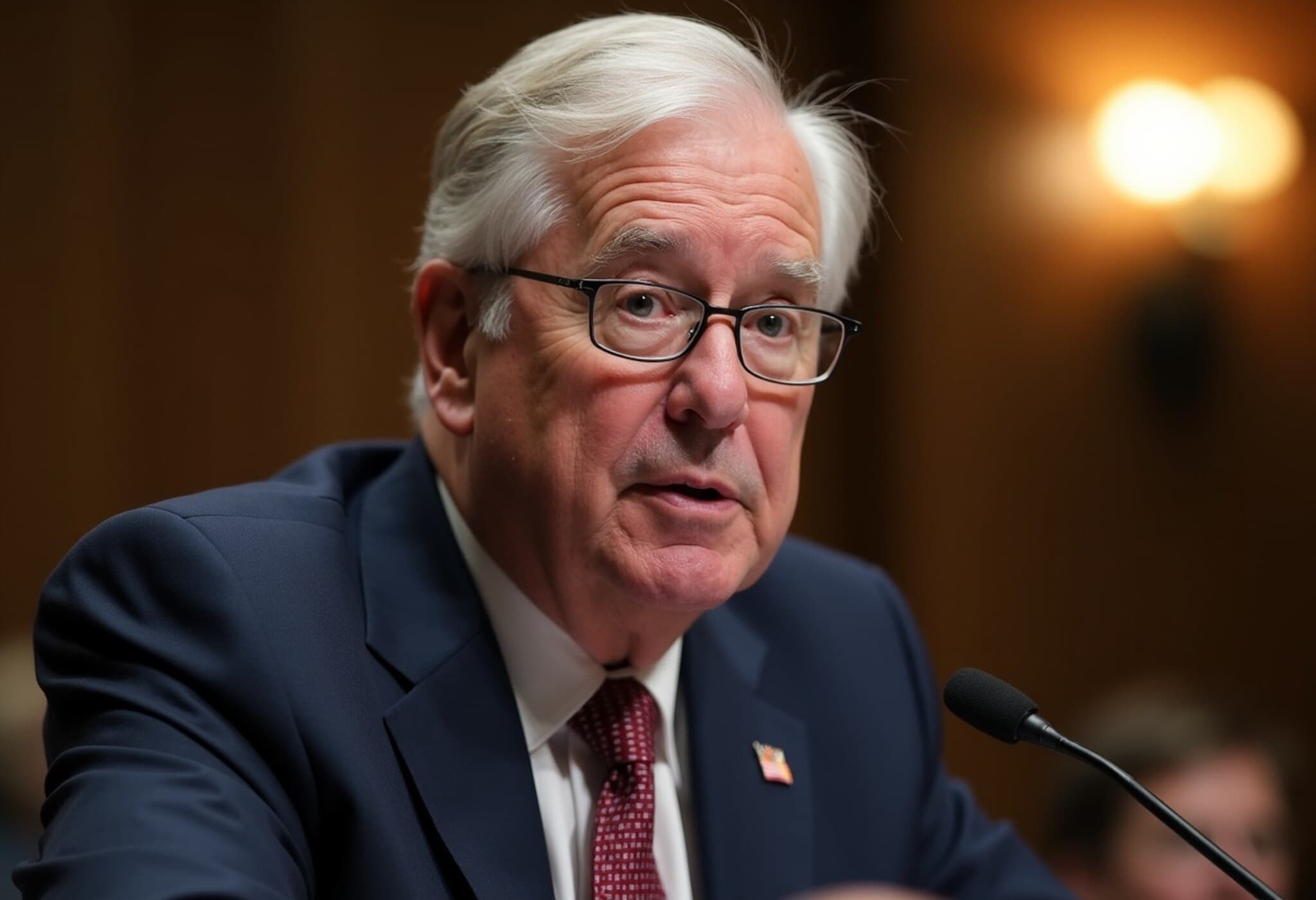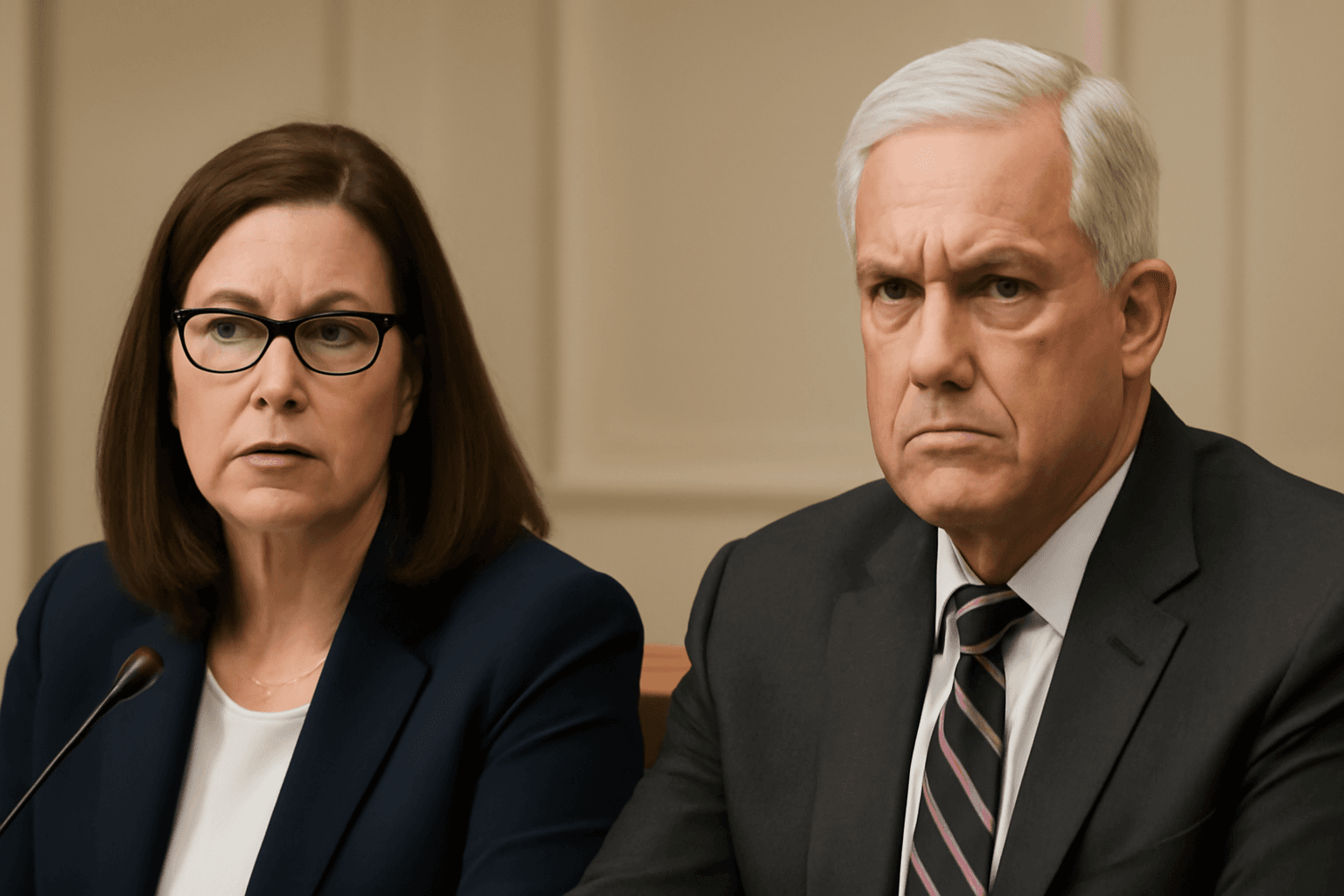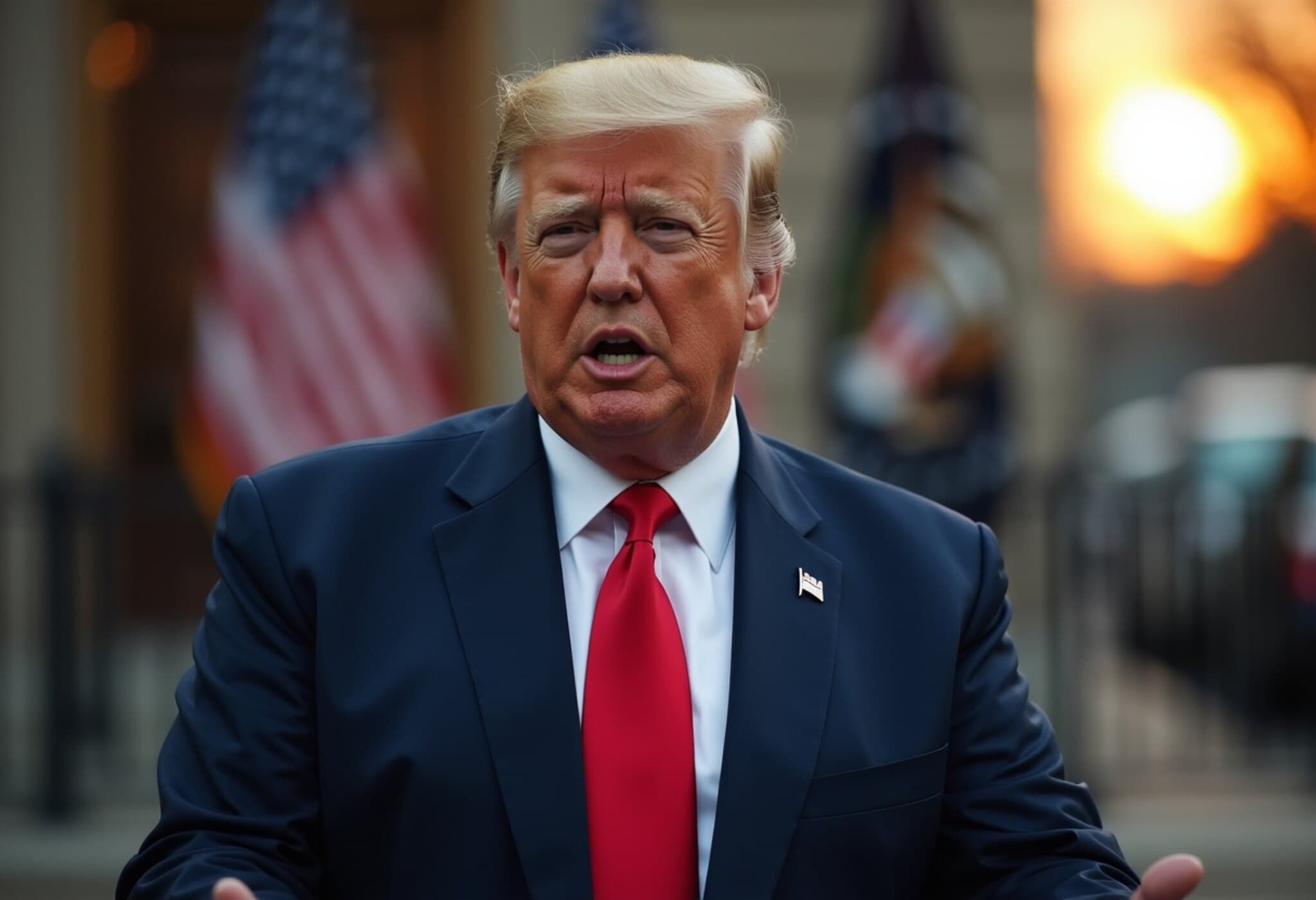Trump's Controversial Move Threatens Federal Reserve's Independence
As President Donald Trump intensifies his push to influence U.S. monetary policy, the future Chair of the Federal Reserve finds themselves grappling with a crisis of credibility before officially taking office. The traditionally independent central bank now faces political interference that could reshape its approach to interest rates and shake market confidence.
The Emergence of a "Shadow Chair" and Its Implications
Reports suggest Trump is considering appointing a so-called “shadow chair” to act alongside Federal Reserve Chairman Jerome Powell until his term ends in 2026. This unprecedented arrangement aims to covertly steer monetary policy toward aggressive rate cuts, a move designed to reduce the government's rising debt servicing costs—estimated by Trump to be as high as $800 billion annually.
For decades, the Fed has maintained a strong stance of independence, focusing on its dual mandate: achieving stable inflation and maximizing employment. Trump’s demand for cuts to ease government finances threatens to blur these lines, raising concerns about fiscal dominance, where monetary decisions are dictated by short-term political agendas rather than long-term economic stability.
Expert Perspectives Highlight Credibility Concerns
Economist Dario Perkins from TS Lombard succinctly summarizes the dilemma: "The real loser here is not Jay Powell but his successor. We don’t even know who that person is, yet doubts already swirl around their integrity and any concessions made to secure the post. There seems to be an unspoken expectation they'll comply with calls for rate cuts regardless of economic data."
Adding to the discourse, Columbia Law professor Lev Menand warns that serving as a shadow chair risks serious reputational damage. Nominees might be pressured into preemptively endorsing policies they personally oppose or could face public dismissal, making the role unattractive except for those with limited alternative prospects.
Market Uncertainty and Economic Risks
Wall Street thrives on predictability, and uncertainty surrounding Fed leadership can unsettle even the most resilient markets. While investors generally expect rate cuts to start as soon as September 2025, the idea of a shadow chair introducing conflicting monetary policy signals threatens market stability.
Krishna Guha, head of global policy at Evercore ISI, points out, "Nominating the next Fed chair well in advance can help with Senate confirmation and smoother transitions. However, appointing someone prematurely as a shadow policy influencer would only confuse markets and hinder the Fed’s ability to guide interest rate expectations effectively."
Legal and Logistical Complexities Ahead
Trump faces structural hurdles beyond political optics. Powell’s chair term ends in May 2026, but he remains on the Federal Reserve Board as governor until 2028. Unless Powell resigns the board seat, Trump’s nominee would have to be a sitting governor or existing Fed official, limiting choices to insiders like Kevin Warsh or members of Trump's economic team.
Moreover, only one board governor slot is opening soon (January 2026), further restricting the pool of immediate candidates. Importantly, the Fed’s policymaking body, the Federal Open Market Committee, includes 12 voting members who currently express a range of views, but none have publicly endorsed the steep rate cuts Trump demands.
What This Means for the Federal Reserve’s Future
Should Trump proceed with a "shadow chair" before Powell’s term expires, the move risks undermining the Fed’s independence and setting a dangerous precedent where political considerations override economic fundamentals. The central bank's credibility, hard-won over decades, could suffer lasting damage, with ripple effects for inflation expectations, bond markets, and the broader U.S. economy.
As markets await the release of the Federal Open Market Committee's meeting minutes for further clues on policy direction, the key question remains: will the next Fed chair stand firm on institutional integrity or capitulate to political pressure?
Editor's Note
The unfolding saga around the Federal Reserve’s leadership underscores a critical tension between economic stewardship and political influence—especially ahead of a contentious election year. Observers should watch closely how these dynamics impact market confidence, inflation control, and the Fed’s role as an independent arbiter of U.S. monetary policy. The real stakes go beyond one individual; at issue is safeguarding the credibility of a cornerstone institution essential to American economic stability.

